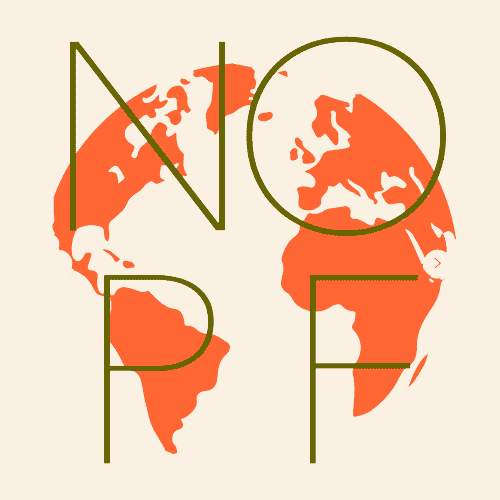Emerging from Isolation: Meadowlark Press
Event Type
Please join Meadowlark Press for a reading by Alison Hicks, Olive Sullivan, and Linzi Garcia, on the theme of emerging from isolation. Each poet will read from collections that take on a new perspective of what it means to be isolated--due to the pandemic, terminal illness, or incarceration--and what it takes to come out on the other side. Alison Hicks will read from her Birdy Poetry Prize collection, Knowing Is a Branching Trail. This collection gives us a strong sense of how a poet might survive a season of pandemic isolation by extracting poetry from the ordinary beat of life, whether that involves getting a starling out of her house or playing the cello after many years of letting it lay silent. Olive Sullivan will read from both of her Meadowlark collections, Wandering Bone and Skiving Down the Bones. She writes, “Long before the pandemic locked us all into our homes, my personal period of isolation began with my 2017 diagnosis of Acute Myleoid Leukemia, a particularly deadly and fast-acting cancer.” Her books show us how one woman faces her own impending death, endures the loss of her closest loved ones, and takes on the world afterward, very much alive. Linzi Garcia will be reading from the most recent Meadowlark poetry collection, I've been fighting this war within myself by Antonio Sanchez-Day, who passed away last year. Antonio was incarcerated for 13 years, due to gang activity and other crimes. This poetry collection shares his writings during and after his isolation in the county jail. He wrote these poems as a way to turn his life around and eventually to gain literal and figurative freedom.
